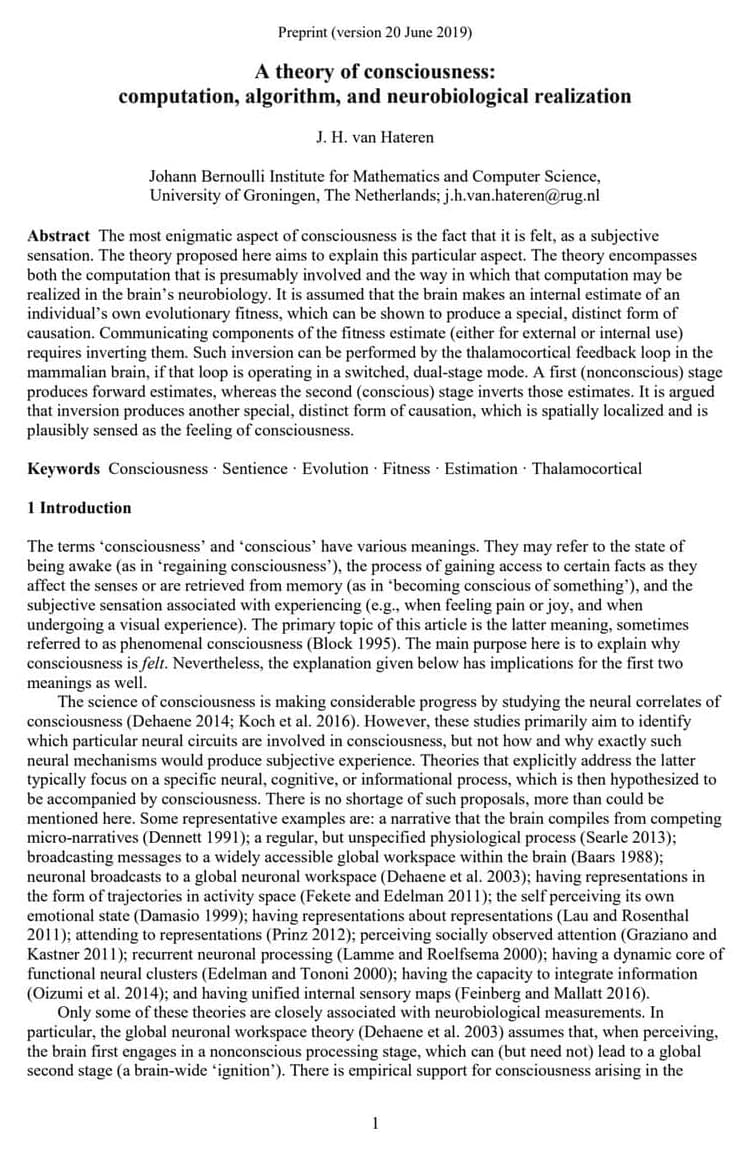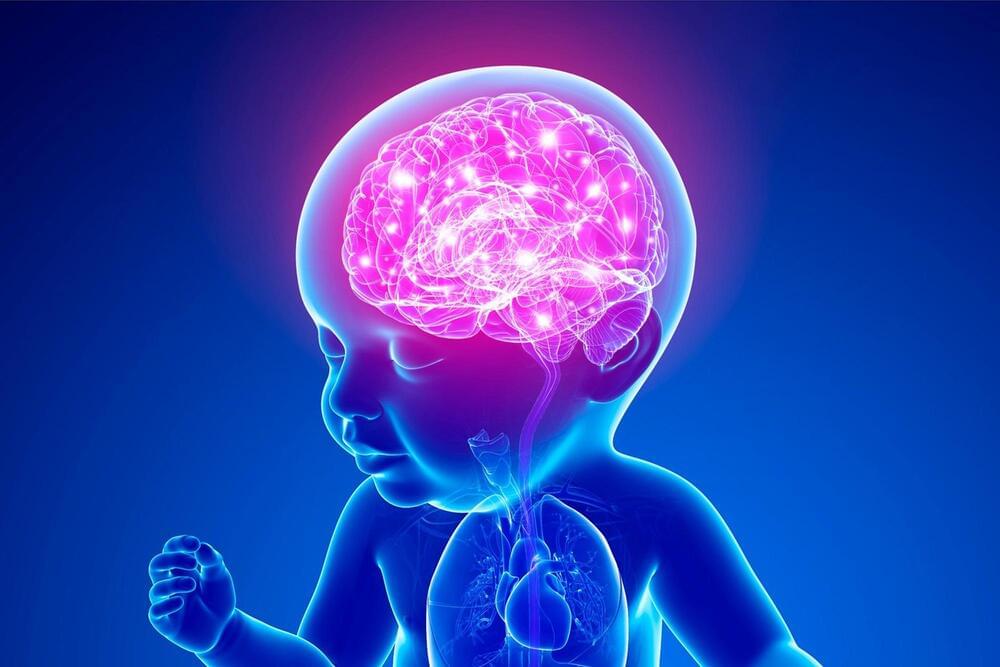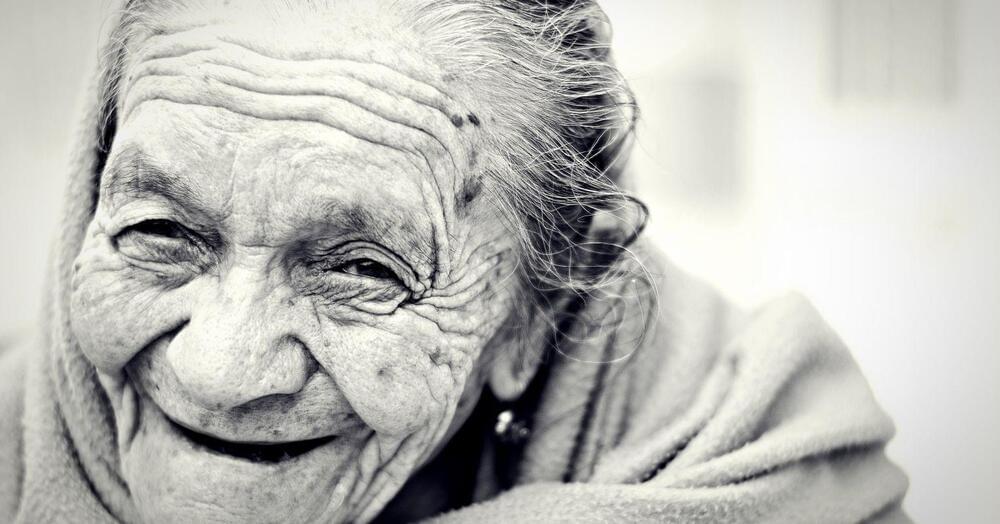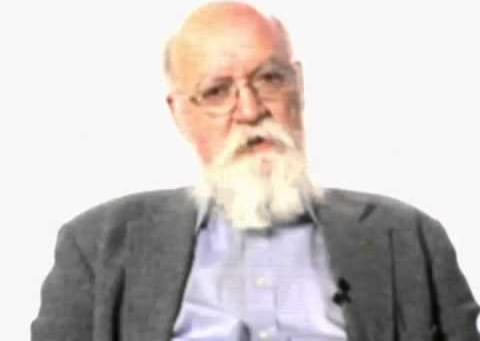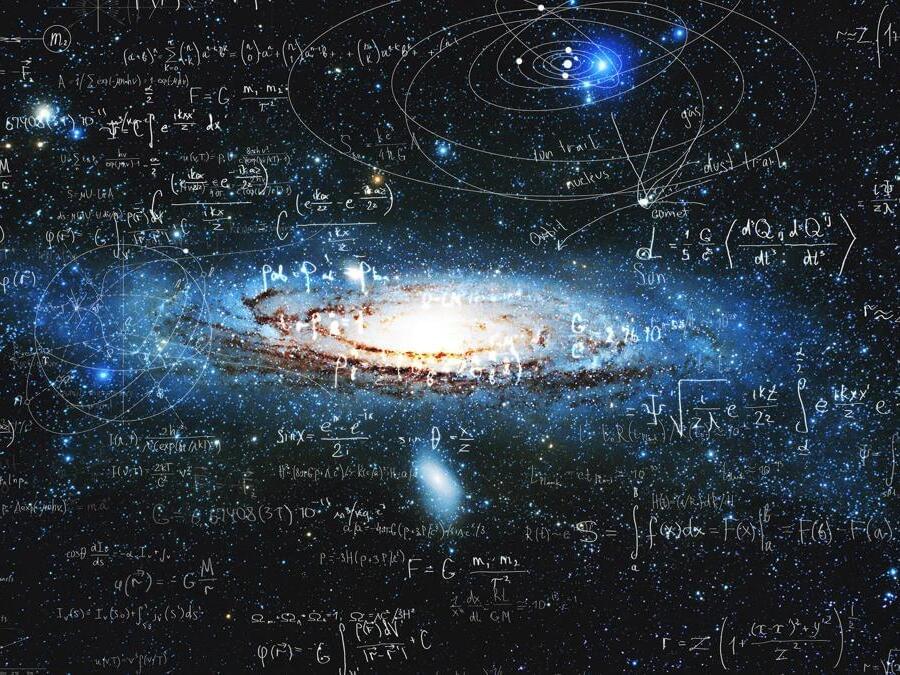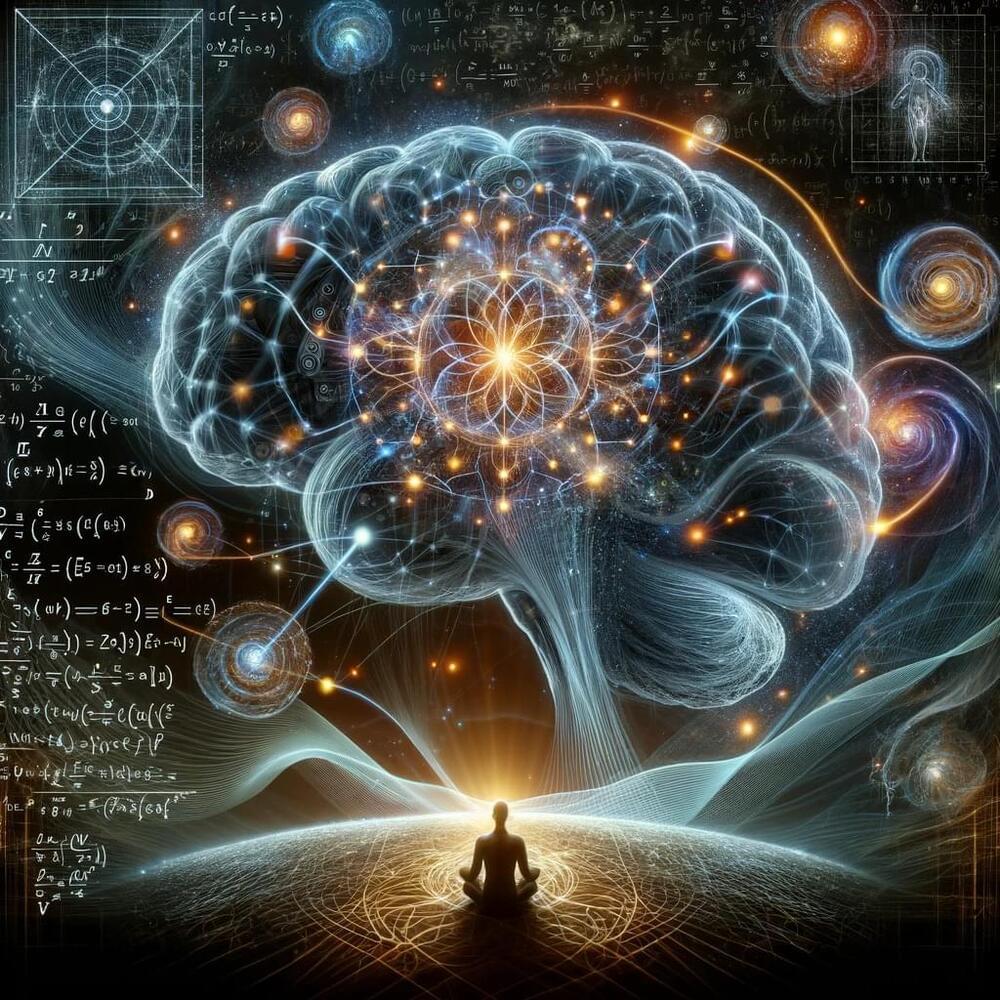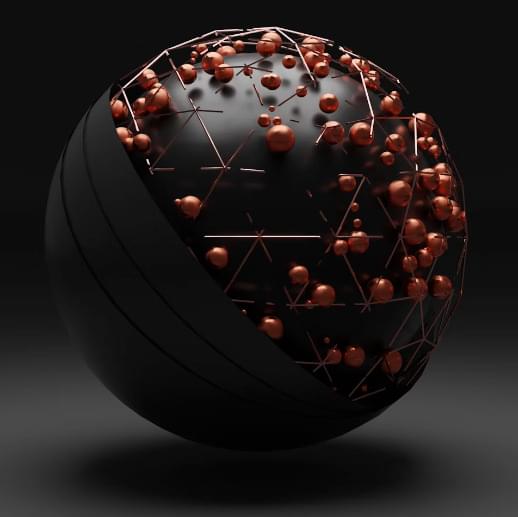Search results for 'a lifeboat for consciousness': Page 2
Apr 3, 2024
Scientists Propose New Method To Detect Consciousness in Infants
Posted by Paul Battista in category: neuroscience
Academics are proposing a new and improved way to help researchers discover when consciousness emerges in human infancy.
When over the course of development do humans become conscious? When the seventeenth-century French philosopher René Descartes was asked about infant consciousness by his critics, he eventually suggested that infants might have thoughts, albeit ones that are simpler than those of adults. Hundreds of years later, the issue of when human beings become conscious is a question which remains a challenge for psychologists and philosophers alike.
But now, in response to a recent article in Trends in Cognitive Sciences, two academics from the University of Birmingham have suggested an improved way to help scientists and researchers identify when babies become conscious.
Apr 2, 2024
Immortality Is Closer Than You Think: AI, War, Religion, Consciousness & Elon Musk | Bryan Johnson
Posted by Shubham Ghosh Roy in categories: Elon Musk, life extension, robotics/AI
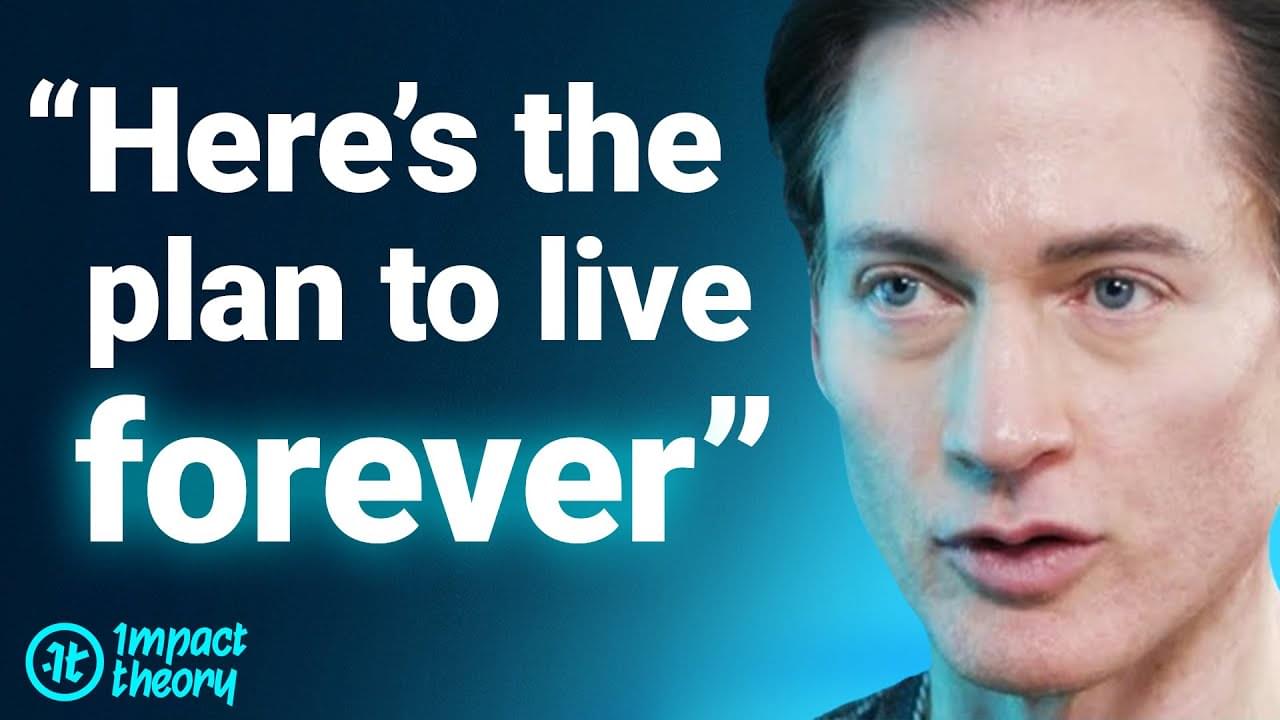
Thank you to today’s sponsors:⚡️ Sign up and download for FREE using my link: https://bit.ly/GrammarlyITPique Tea: 15% off + Free Frother Link: https://bit.ly/GrammarlyITPique
Mar 29, 2024
Daniel Dennett Explains Consciousness and Free Will | Big Think
Posted by Dan Breeden in category: neuroscience
Mar 26, 2024
Scientists can’t decide if consciousness is real or fake
Posted by Dan Breeden in categories: neuroscience, quantum physics
What if everything in our world has a soul and mind? What if every desk, chair, and potted plant has a conscious stream of thoughts? That’s the basic idea behind Panpsychism, a theory first put forward in the late 16th century by Francesco Patrizi. It’s been a hundred years or so since science won out about this theory in the 1920s, but now it’s regaining momentum.
To understand why this theory is regaining popularity requires us to look at one of the most difficult conundrums that human scientists have ever faced: where consciousness comes from. Scientists have been trying to solve this hard problem for over a hundred years, and while developments in neuroscience, psychology, and quantum physics have come far, we still don’t have a definitive answer.
The argument is regaining momentum, though, thanks in part to the work of Italian neuroscientist and psychiatrist Giulio Tononi, who proposed the idea that there is widespread consciousness even found in the simplest of systems. Tononi and American neuroscientist Christof Koch argued that consciousness will follow where there are organized lumps of matter. Some even believe that the stars may be conscious.
Mar 26, 2024
The Source of Consciousness — with Mark Solms
Posted by Shubham Ghosh Roy in category: neuroscience
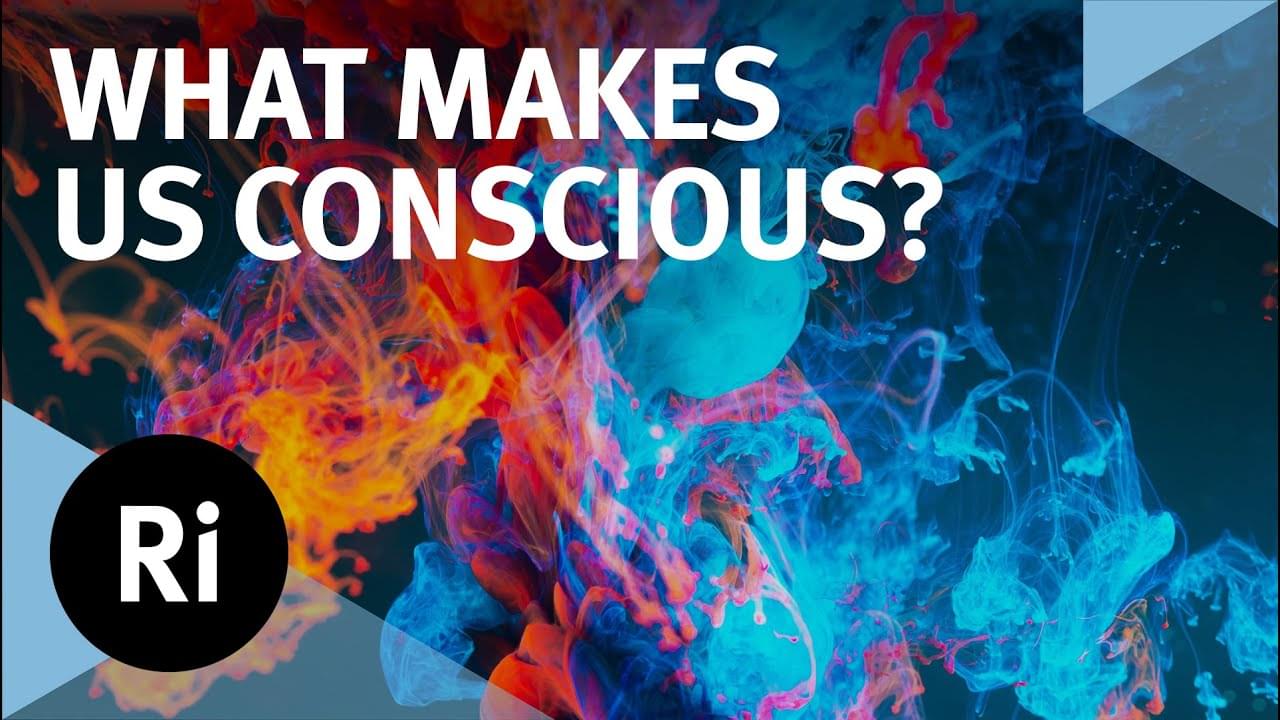
Mark Solms discusses his new theory of consciousness that returns emotions to the centre of mental life.
Mark’s book \.
Mar 19, 2024
Solving the Hard Problem: A Thermodynamic Theory of Consciousness and Intelligence
Posted by Shubham Ghosh Roy in categories: biological, mathematics, neuroscience, quantum physics, robotics/AI
This paper introduces a novel theoretical framework for understanding consciousness, proposing a paradigm shift from traditional biological-centric views to a broader, universal perspective grounded in thermodynamics and systems theory. We posit that consciousness is not an exclusive attribute of biological entities but a fundamental feature of all systems exhibiting a particular form of intelligence. This intelligence is defined as the capacity of a system to efficiently utilize energy to reduce internal entropy, thereby fostering increased order and complexity. Supported by a robust mathematical model, the theory suggests that subjective experience, or what is often referred to as qualia, emerges from the intricate interplay of energy, entropy, and information within a system. This redefinition of consciousness and intelligence challenges existing paradigms and extends the potential for understanding and developing Artificial General Intelligence (AGI). The implications of this theory are vast, bridging gaps between cognitive science, artificial intelligence, philosophy, and physics, and providing a new lens through which to view the nature of consciousness itself.
Consciousness, traditionally viewed through the lens of biology and neurology, has long been a subject shrouded in mystery and debate. Philosophers, scientists, and thinkers have pondered over what consciousness is, how it arises, and why it appears to be a unique trait of certain biological organisms. The “hard problem” of consciousness, a term coined by philosopher David Chalmers, encapsulates the difficulty in explaining why and how physical processes in the brain give rise to subjective experiences.
Current research in cognitive science, neuroscience, and artificial intelligence offers various theories of consciousness, ranging from neural correlates of consciousness (NCCs) to quantum theories. However, these theories often face limitations in fully explaining the emergence and universality of consciousness.
Mar 9, 2024
A Global Human Consciousness?
Posted by Dan Breeden in categories: futurism, neuroscience
Will we ever achieve global consciousness? ANd if we could, what would that mean and even look like? A look ahead at this old idea.
Mar 4, 2024
Lothar Schafer — Does Consciousness Cause the Cosmos?
Posted by Dan Breeden in category: neuroscience
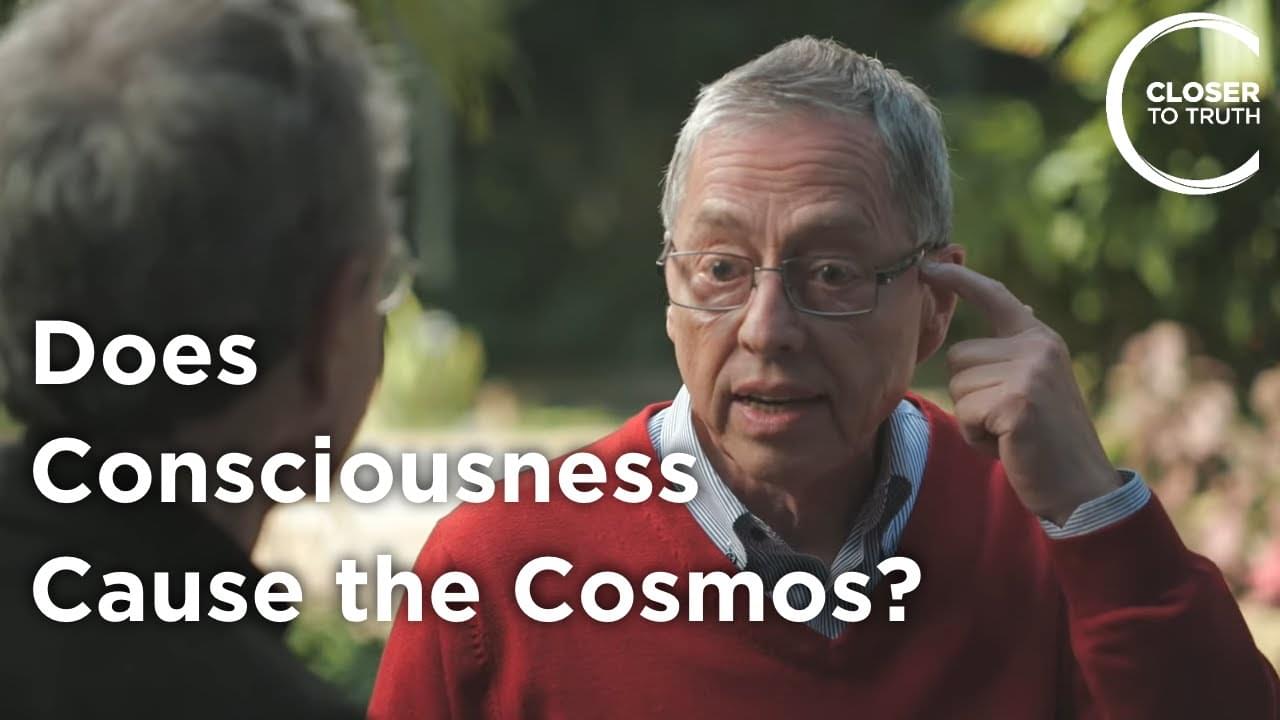
Shop Closer To Truth merchandise and support the show with your purchase: https://bit.ly/3P2ogjeSome claim consciousness, our inner awareness, is part of a ‘…
